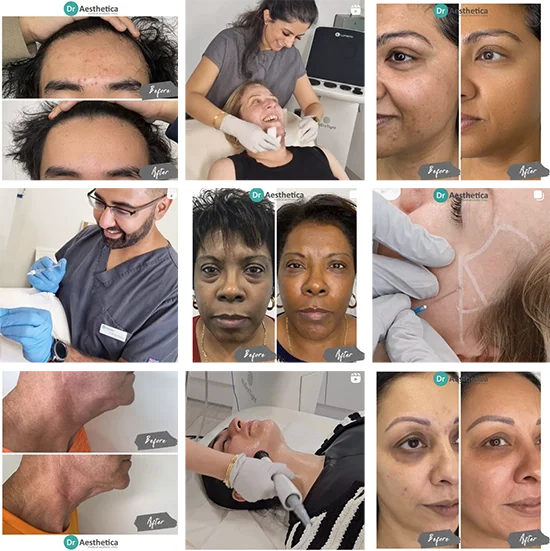The Link Between quitting smoking and Jaw Clenching:
Nicotine is a stimulant that can increase muscle tension and cause jaw clenching. This is because it activates the sympathetic nervous system, which handles the "fight or flight" response in the body. When this happens, the body releases adrenaline and other stress hormones, which cause muscles to tense and tighten up.
Also, nicotine can disrupt the body's ability to relax and unwind. This can contribute to Bruxism (jaw clenching) as stress is a cause of Bruxism. Your body goes through a period of change as it readjusts to functioning without nicotine. This can cause a range of physical and emotional symptoms, including jaw clenching.
Let's make it clear though that not everyone who quits smoking will experience jaw clenching or other muscle tension's.
Why does my mouth feel weird after quitting smoking?
When you quit smoking, it's common to experience weird feelings in your mouth, there are several feelings you could experience. One of the most common is that smoking can affect your sense of taste and smell. As your body begins to heal and recover after quitting, you may find that certain foods or drinks taste different than they used to.
Additionally, smoking can make your mouth dry, which can lead to unpleasant dryness or irritation in the mouth, throat, and lips. When you quit smoking, your mouth may start to produce more saliva, which can help ease dryness and reduce discomfort.
You also get a heightened sensitivity to oral hygiene products, such as toothpaste or mouthwash. Smoking can desensitize the mouth and throat, so when you quit, you may be more sensitive to the flavours or ingredients in these products. Before, during and after quitting smoking it's important to maintain good oral habits
Does quitting smoking make you hungry?
Yes, quitting smoking can make you feel way more hungry than usual. Cigarettes contain nicotine, which can reduce your appetite and increase your metabolism. When you quit smoking, your metabolism slows down, and your hunger may increase, this can make you want to eat more snacks and gain weight faster.
Also, quitting smoking can make food taste better, which can make you crave it even more. Tasty food is just too tempting! This, combined with increased hunger, can make it harder for you to resist eating unhealthy foods.
If you're worried about gaining weight after quitting smoking, you can take some steps to help control your hunger and maintain a healthy weight. Sticking to a strict diet can stop you from binge eating. Drinking plenty of water can also help reduce your hunger, whilst exercising can help speed up your metabolism and burn off extra calories.

This article was read and reviewed by the face of DR Aesthetica himself - DR Baldeep Farmah.
Causes of itchy gums after quitting smoking:
It's quite common to experience itchy gums after quitting smoking. Smoking can lead to various oral health issues, including gum disease. This can cause your gums to become inflamed, irritated, and itchy.
One possible explanation is that your body is experiencing an inflammatory response as it begins to heal from the damage caused by smoking. This inflammation can cause your gums to feel swollen, red, and itchy, particularly if you had gum disease before quitting.
Another possible cause of itchy gums after quitting smoking is a heightened sensitivity to oral hygiene products, such as toothpaste or mouthwash. Smoking can desensitize the mouth and throat, so when you quit, you may be more sensitive to the flavours or ingredients in these products. You may need to experiment with different products to find ones that are less irritating to your gums.
Solutions for Jaw Clenching after quitting smoking?
You can view a list of potential treatments for Bruxism here.
However do you Want a treatment that:
- Lasts approximately 6 months?
- Only requires 24 hours of downtime
- Is so painless that it requires no anaesthetic
- Displays results by 4 weeks
Then a Botox treatment may be perfect for you! View more information on a Botox treatment here:


